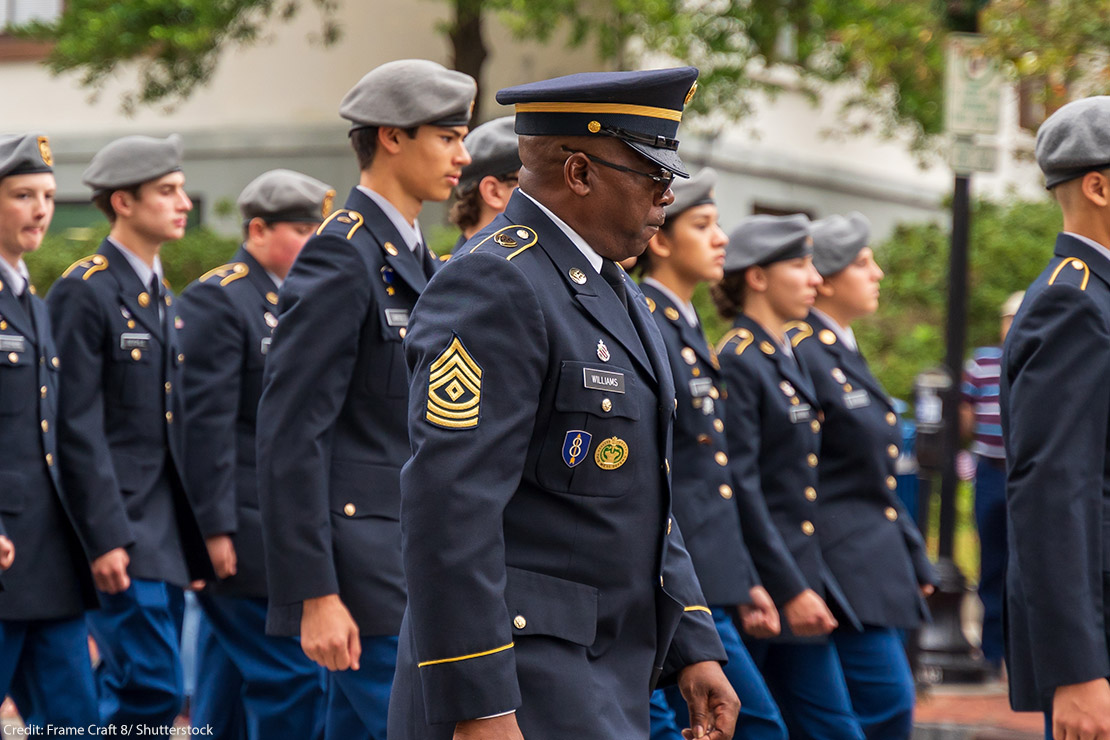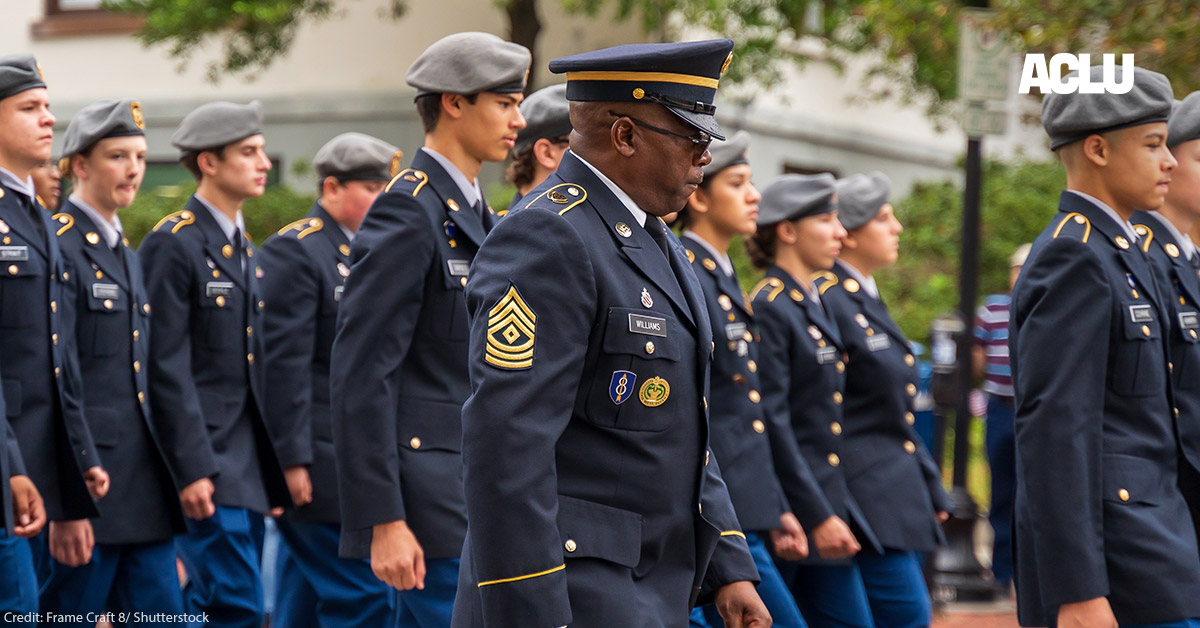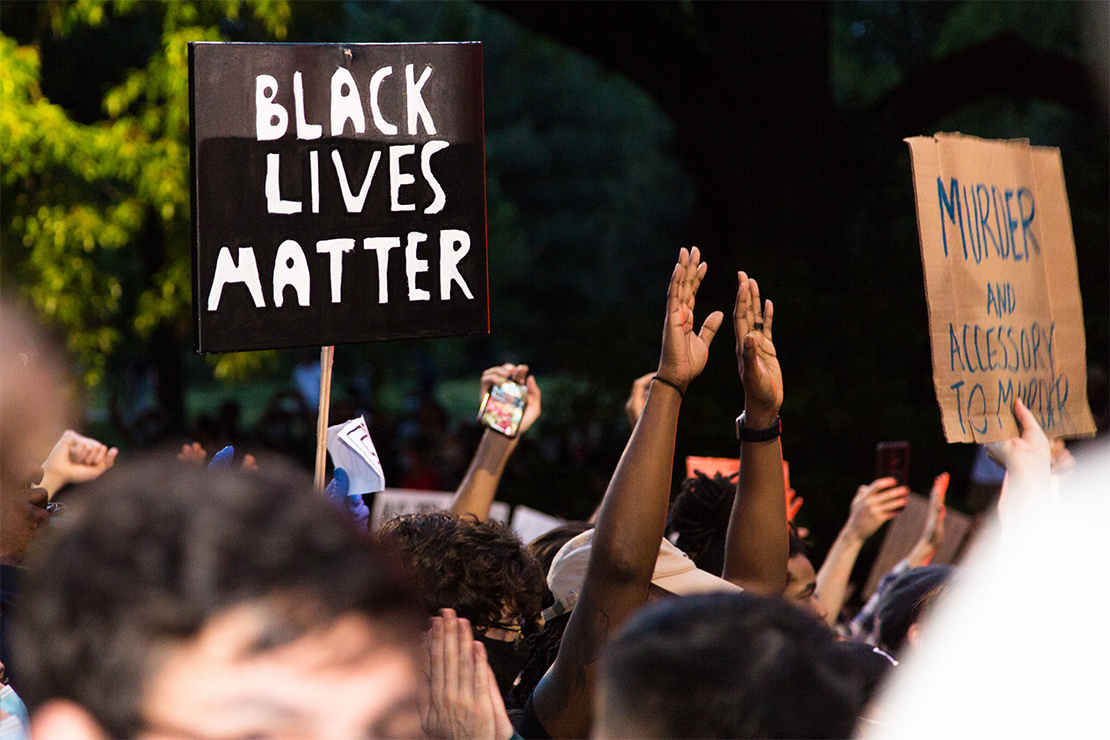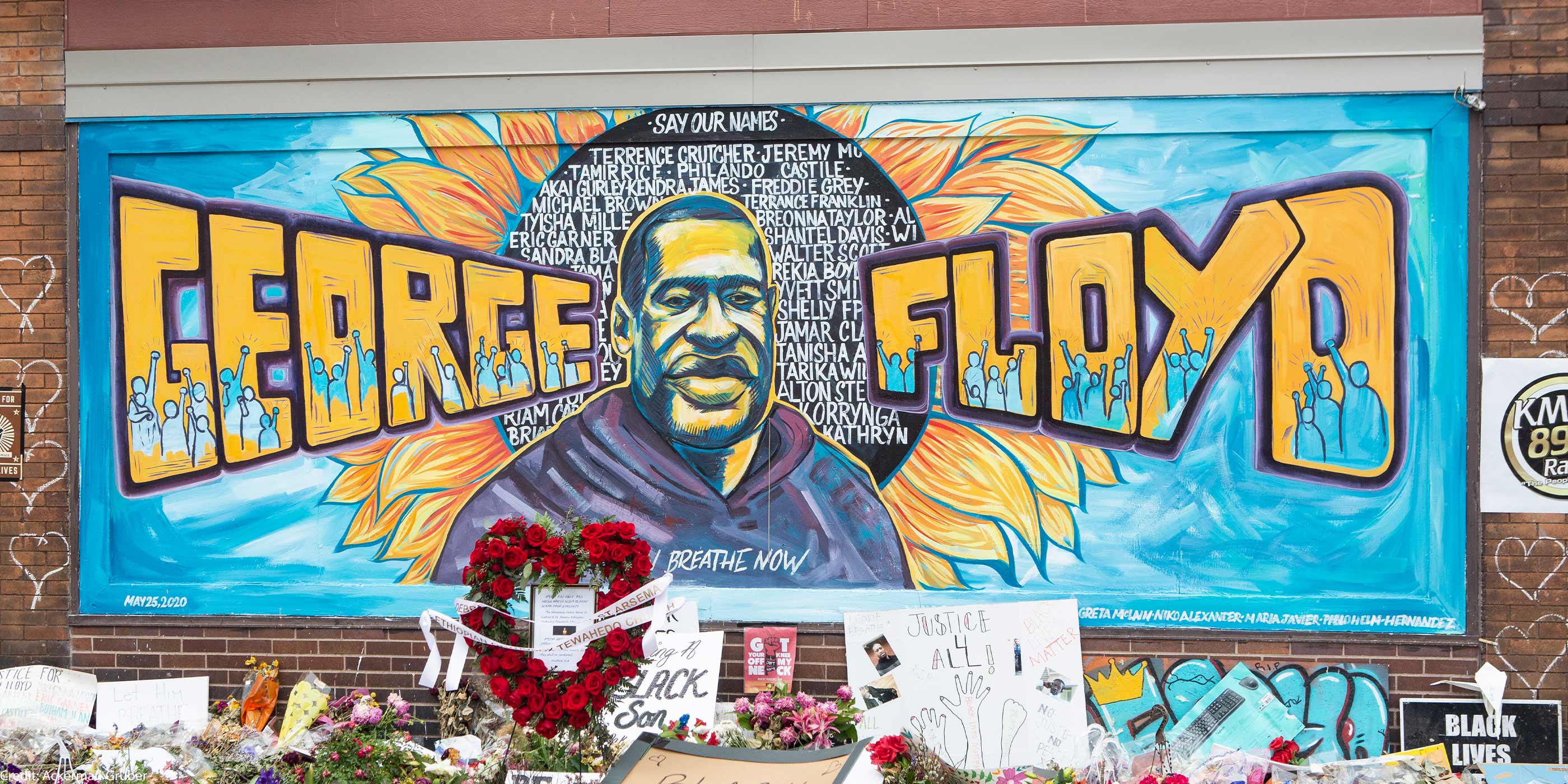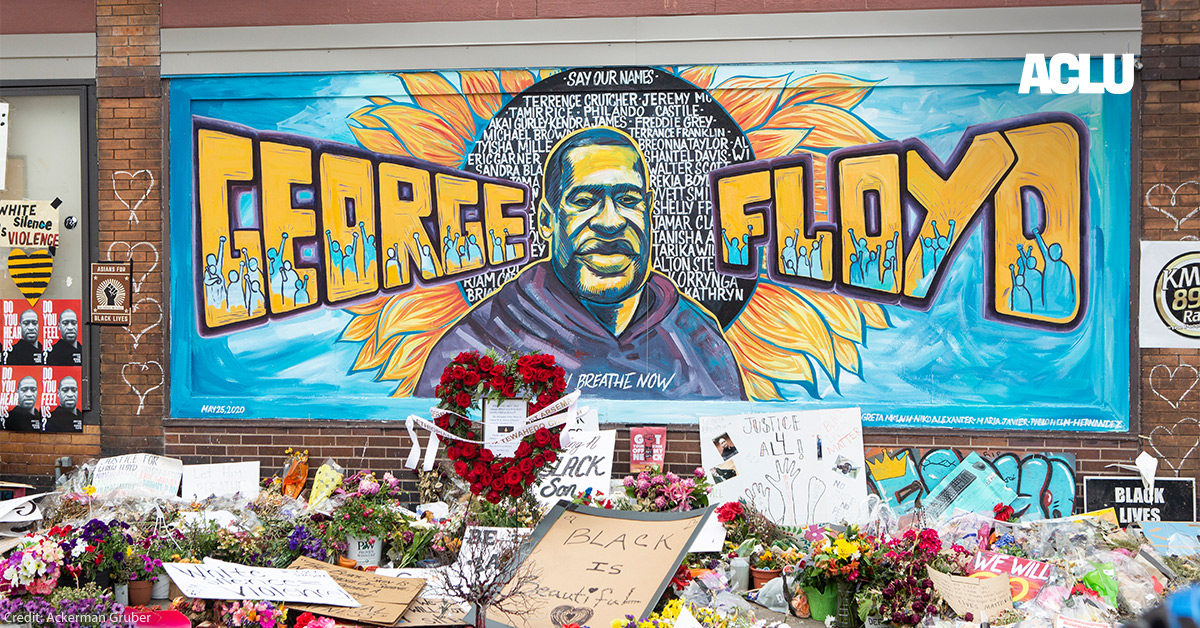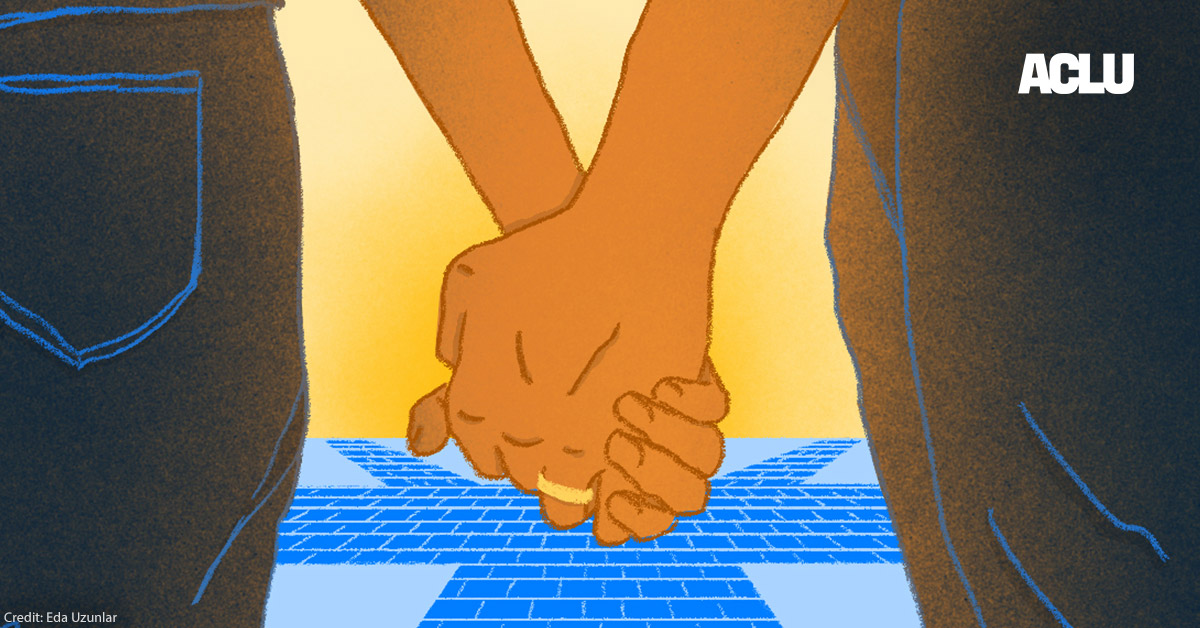As the nation pauses this Memorial Day to honor and remember those who have served, many veterans are now facing a new battle at home.
Recently, the Trump administration has launched a series of attacks on veterans and servicemembers, including massive layoffs at the Department of Veterans Affairs (VA) that are expected to add to delays in getting services, efforts to scrub Black and female leaders from U.S. military history, and a ban on transgender servicemembers.
In addition to these abuses that have dominated the news cycle, there’s another threat to veterans’ civil rights that hasn’t received as much attention. In two current legal cases, the federal government is arguing that a law known as the Veterans Judicial Review Act (VJRA) blocks the veteran plaintiffs from going to federal district court to pursue their federal civil rights claims.
The American Civil Liberties Union filed friend-of-the-court briefs on behalf of legal scholars to ensure that the veteran plaintiffs get their day in court.
What is the VJRA?
Enacted in 1988, the VJRA is a federal law that establishes the process for veterans to challenge their VA benefits decisions. The VJRA directs veterans to appeal their benefits decisions to the U.S. Court of Appeals for Veterans Claims (CAVC), then to the U.S. Federal Circuit, and then to the U.S. Supreme Court. It also prohibits federal district courts from reviewing judgments made by the VA in determining individualized benefits.
Prior to the VJRA, veterans had no way of challenging their benefits decisions; they simply had to accept the VA’s determination -- erroneous or not. When Congress passed the VJRA, it gave veterans access to a formal system of judicial review. Now, however, the government is trying to weaponize that system to deny veterans justice.
Over the past decade, the government has argued -- and some courts have accepted -- that the VJRA prevents federal district courts from reviewing any decision that the VA may make in benefits determinations, even when the veteran is not challenging a prior benefit decision. Most recently, in Powers v. McDonough—a case brought by disabled veterans seeking reasonable accommodations under the Rehabilitation Act for VA benefits they had already been awarded—the government argued that the VJRA bars the veteran plaintiffs’ Rehabilitation Act claims. Similarly, in NOW-NYC v. Department of Defense—a challenge to the VA’s restrictive eligibility requirements for IVF care—the government claimed that the VJRA prevents veterans from bringing civil rights challenges to laws affecting VA benefits.
Why the Government’s Arguments Harm Veterans
The government’s interpretation of the VJRA effectively denies veterans a meaningful opportunity to pursue their civil rights claims.
Take, for example, the issue in Powers. The government claims that a veteran can channel their Rehabilitation Act claims through the VJRA process—filing a claim with the VA, appealing to the CAVC, and so forth. But under VA regulations, veteran courts can only review claims for benefits administered under VA law. The VA cannot process a veteran’s Rehabilitation claims because the Rehabilitation Act is not a law administered by the VA. Even if the VA were somehow able to process such a claim, veteran courts are not able to provide the full suite of remedies available under civil rights law. Only a federal district court can provide such relief. Thus, the government’s argument would leave the veterans in a jurisdictional no-man’s land where they couldn’t present their civil rights claim in any court.
This is the same issue in NOW-NYC. There, the veteran plaintiffs filed a lawsuit to challenge a federal law that restricts eligibility for IVF benefits. They argue that the law violates the Constitution and the Affordable Care Act. But VA regulations do not permit the agency to resolve such a case. Nor do they allow veteran courts to issue the type of relief that the veteran plaintiffs seek.
Setting aside the practical issues with the government’s argument, it is also legally wrong. The VJRA was never intended to categorically prevent veterans from accessing federal district courts in cases where they are neither challenging nor seeking review of individualized benefits decisions. The VJRA was designed to prevent veterans from relitigating their benefits decisions and provide veterans a formal judicial review process.
Put simply, neither the VJRA’s text nor purpose supports denying the veteran plaintiffs in Powers and NOW-NYC their right to bring these claims in federal district court.
How We're Supporting Veterans
Given the government’s dangerous interpretation of the VJRA, we filed friend-of-the-court briefs in Powers v. McDonough and NOW-NYC v. Department of Defense, urging the courts to recognize that the VJRA does not prohibit federal district courts from hearing the veteran plaintiffs’ civil rights claims. We hope the courts will reject the government’s position and read the VJRA for what it was intended to be: a law designed to protect veterans—not hurt them.
Date
Monday, May 26, 2025 - 9:00amFeatured image
